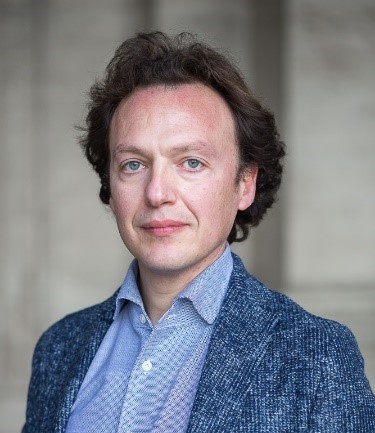
Researcher of General and Social Pedagogy at the University of Tuscia, Ph.D., contract lecturer at the University La Sapienza of Rome and at the University of Roma Tre.
Since 2020 he has been a member of the Higher Education Council (CSPI). He also collaborates actively in various research projects with the Universidad of Alicante (Spain) and his main interests concern social, historical, and institutional changes in schools, teacher training, as well as educational and pedagogical emergencies.
Author of numerous essays and articles, his latest publications include: “L’adolescenza e il disagio. Prospettive pedagogiche nell’epoca dell’incertezza” (Lecce, 2023), “Eredità pedagogiche. Rousseau, Montessori, don Milani e Bruner tra sentieri storici e passioni formative” (with M.C. Rossiello, Milan, 2021), “Sostenibilità formative. Analisi, riflessioni, proposte pedagogiche ed educative” (Rome, 2021) and “Mosaici di scuola. Itinerari storici tra metamorfosi istituzionali e utopie pedagogiche” (Lecce, 2020), monograph winner of the ‘Riccardo Massa’ Prize (ed. 2021).
THE EDUCATING COMMUNITY AS A COUNTER TO THE CULTURE OF HATRED. PEDAGOGICAL REFLECTIONS ON EDUCATIONAL PRACTICES IN THE FORMAL AND THE NON-FORMAL
The challenge of countering the culture of hatred, violence and exclusion requires an integrated and multidisciplinary approach, where the concept of the ‘educating community’ plays a crucial role. Our society, in fact, needs to revive this vision, which places at the centre of educational action the involvement of all the figures present in non-formal contexts: families, schools, associations, and local communities.
Only through a broad and interdisciplinary perspective can we address the deep roots of these phenomena, working to prevent them and promoting meaningful educational actions. The educating community creates a network of support and inclusion, capable of raising awareness and training individuals in peaceful coexistence and mutual understanding.
Recognising collective responsibility in countering hate culture means acting synergistically, embracing strategies that involve all ages and spheres of daily life. In this way, strong and resilient bonds are built between community members, counteracting marginalisation and marginalisation. Promoting the educating community also means encouraging intercultural dialogue, respect for diversity and appreciation of plurality of viewpoints. In this respect, training of educators and practitioners in non-formal contexts becomes essential to ensure a cohesive and focused approach. Investing in the skills of those who work with young people makes it possible to build a solid basis for effective prevention, focusing on awareness and positive conflict management. The educating community thus becomes a valuable resource for building a more peaceful and respectful future, where each individual feels part of a wider social fabric of solidarity.
